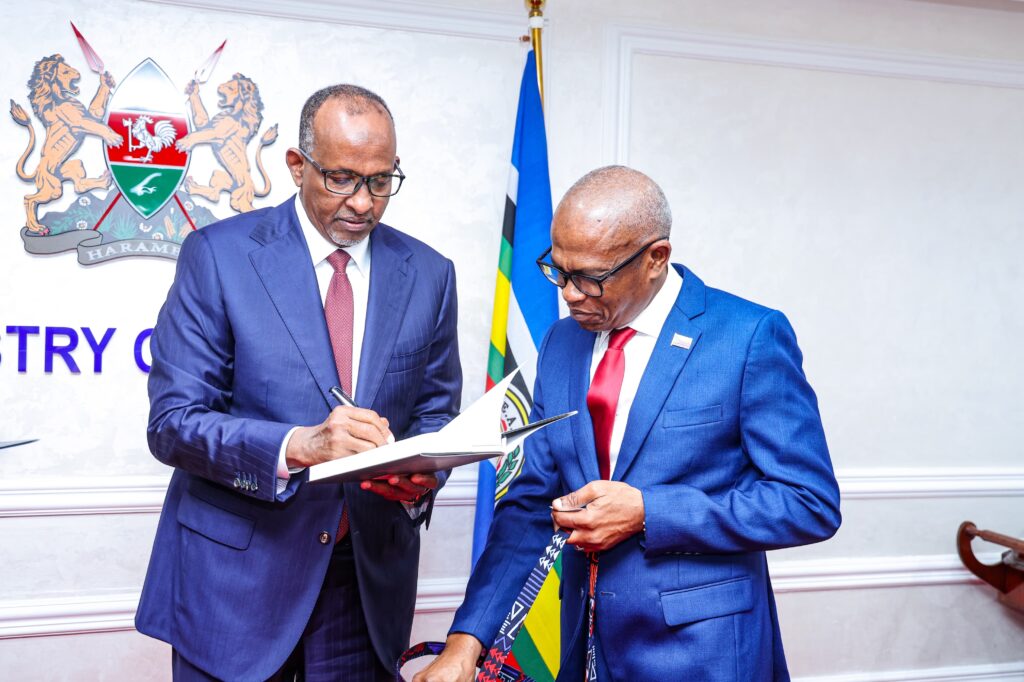African health leaders have convened in Nairobi for a high-level strategic engagement aimed at strengthening the continent’s health systems. The meeting, held under the Ministerial Executive Leadership Programme (MELP), is themed “Empowering Africa’s Health Leaders for Transformational Change” and brings together ministers, senior policymakers, and experts from across Africa to build leadership capacity, enhance governance, and drive collaborative health reforms.
The MELP programme, supported by Africa CDC, focuses on equipping participants with strategic governance skills, sharpening policy-making capabilities, and strengthening health diplomacy within Africa’s evolving health systems. It also addresses the complex geopolitical challenges affecting healthcare delivery and resilience on the continent.
During the discussions, Kenya’s Universal Health Coverage (UHC) framework was presented as a model anchored on four key pillars:
- A well-trained, equitably distributed healthcare workforce
- Modern, accessible health infrastructure
- Secure and affordable health products and technologies
- Strong service delivery supported by sustainable financing mechanisms
Recent health sector reforms were highlighted, including the digitization of health systems and the rollout of the National Equipment Services Programme. These initiatives aim to accelerate the implementation of the Bottom-Up Economic Transformation Agenda (BETA) and improve access to quality healthcare across all regions.
Delegates emphasized that achieving health sovereignty in Africa requires African-led solutions, political will, and sustainable financing, complemented by robust regional partnerships. Collaborative platforms like Africa CDC were identified as crucial for sharing expertise, harmonizing health policies, and coordinating responses to public health emergencies.
The meeting underscored the importance of knowledge exchange among African nations to foster innovation and build resilient health systems. Leaders agreed that solidarity and shared responsibility are essential for tackling the continent’s pressing health challenges, from infectious disease outbreaks to non-communicable diseases and health workforce shortages.
By the close of the engagement, participants reaffirmed their commitment to advancing the leadership agenda, strengthening strategic governance, and driving transformative change in health service delivery. The event marked a significant step toward a united, self-reliant, and healthier Africa built on Pan-African cooperation, innovation, and long-term investment in health infrastructure and human capital.

